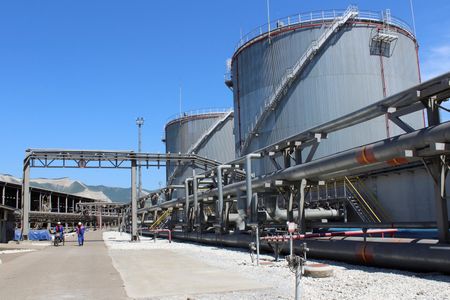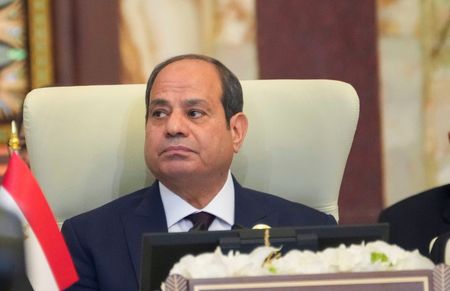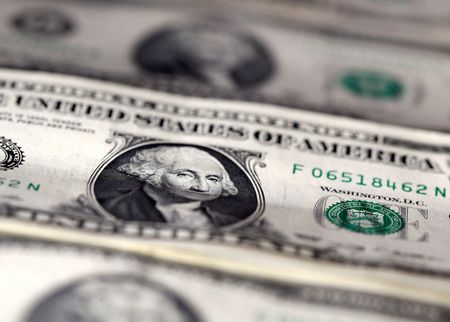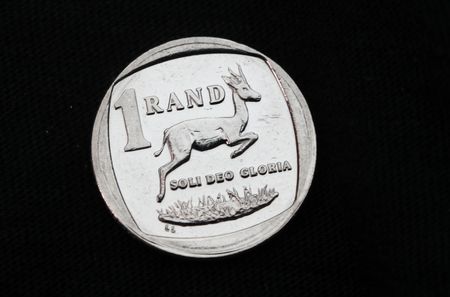By Shariq Khan
NEW YORK (Reuters) -Oil prices fell over 1% on Tuesday after Ukraine hinted that an intense diplomatic push by the U.S. administration to end Russia’s war against it could be yielding fruit.
An end to the war in Ukraine could pave the way for the unwinding of Western sanctions against Moscow’s energy trade, potentially adding more supply at a time when commodity prices have been battered by expectations of a glut next year.
Brent crude futures fell $1.03, or 1.6%, to $62.34 a barrel by 1:30 p.m. ET (1830 GMT), while U.S. West Texas Intermediate crude futures were down 99 cents, or 1.7%, at $57.85 a barrel.
Ukrainian President Volodymyr Zelenskiy could visit the U.S. in the next few days to finalise a deal with U.S. President Donald Trump to end the war, Kyiv’s national security chief Rustem Umerov said.
Still, Russia stressed it would not let any deal stray too far from its objectives, which helped keep oil’s losses in check as Russia’s position raises doubts about whether a formal agreement will be reached, said Ed Hayden-Briffett, oil analyst at Onyx Capital Group.
The uncertainty was underscored by Russia’s barrage of missiles on the Ukrainian capital Kyiv on Tuesday, which killed six people, wounded 13, and disrupted electricity and heating systems.
“It needs two to tango, and it remains unclear if Russia agrees as well,” UBS analyst Giovanni Staunovo said.
WORSENING GLUT
A growing consensus of experts forecasts that crude oil supply growth in 2026 will exceed gains in demand. Deutsche Bank sees a surplus of at least 2 million barrels per day next year and no clear path back to deficits even by 2027, it said in a note on Monday.
A peace deal could help Russia raise oil production to its agreed OPEC+ volume, Commerzbank Research analysts said.
Sanctions on Russian oil majors Rosneft and Lukoil and rules against selling oil products refined from Russian crude to Europe have pushed some Indian refiners to cut back their purchases of Russian oil.
That has caused a decline in Russian oil exports and an increase in crude oil from Russia stored in tankers at sea, which would become available if a peace deal leads to lifting sanctions against Rosneft and Lukoil, Commerzbank noted.
Russia has also been discussing ways to expand exports to China, Russian Deputy Prime Minister Alexander Novak said on Tuesday.
(Reporting by Shariq Khan, Stephanie Kelly, Ashitha Shivaprasad and Jeslyn Lerh. Additional reporting by Ahmad Ghaddar. Editing by Christian Schmollinger, Mark Potter, Rod Nickel)











